Pennywort, a humble yet powerful herb, has been celebrated for centuries for its incredible health benefits and versatile uses. Known for its ability to boost brain function, improve skin health, and promote overall wellness, this superfood has carved a niche in traditional medicine and modern health trends alike. Packed with vitamins, antioxidants, and minerals, pennywort is a natural remedy worth exploring for its healing and revitalizing properties.
Pennywort is a leafy herb that has a significant role to play in Ayurvedic, Chinese, and Indonesian medicine formulations. This medicinal plant's scientific name is Centella Asiatica. In Thai, it is known as "Bai Bua Bok."
Other common names for this plant include Spadeleaf, Indian pennywort, Asiatic pennywort, Marsh Penny, and Hydrocotyle. Jal Brahmi is an Ayurvedic term for it. Ji Xue Sao is its Chinese name. But it is more commonly referred to as "Gotu Kola."
Most Asian dishes usually call for this herbal leaf plant. Native to Southeast Asia's tropical regions, gotu kola is typically consumed there as tea, juice, or as an ingredient in salads and smoothies.
Pennywort also goes by the name "Snow Accumulating Herb," which refers to a plant that accumulates snow. This plant has leaves that resemble stacked coins.
Table of Contents
Plant description:
Pennywort is a creeping plant that grows in dense mats beside ponds, marshes, and other wetlands. The leaves on the 5- to 10-cm-tall stems are all rounded fan-shaped. Each stalk has two to four tiny, pale pink blooms. Roots, leaves, and stems can all be eaten. Make sure to gather Pennywort from a clean water source when foraging, and wash the leaves well before eating. Pennywort has little to no odour and tastes fresh and herbal, with hints of cucumber, parsley, and wheatgrass.
History of Pennywort:
Asian mystics like Li Ching-Yun, a Tai Chi Chuan master who lived for 256 years while ingesting supplements of herbs that included pennywort, have been mentioned in relation to pennywort for millennia. Because it lasts a long time, pennywort is referred to as the "Source of Life" in Chinese medicine.
Another study reveals that King Aruna, a legend from Sri Lanka, utilised pennywort in the 10th century. He thought the herb gave him the strength and vitality he needed for the harem.
In English-speaking regions, there is a proverb that states, "Two Leaves of Pennywort a Day Keeps Your Old Age Away."
Although there is no scientific evidence to support pennywort's ability to extend human life, it is nevertheless regarded as the most effective plant for enhancing memory and preventing illnesses.
Health benefits of Pennywort:
- Stomach ulcer and urinary tract infections: Pennywort is frequently used to treat stomach and urinary tract infections due to its antibacterial characteristics. To get rid of stomach ulcers and urinary issues, boil the clean, fresh pennywort, strain it into a glass, add honey, and drink it each morning.
- Digestion: Do you experience digestive issues? For a healthy digestive system, boil fresh pennywort with a dash of salt and consume the juice every day.
- Liver and stomach: Some claim eating pennywort with a banana every morning will support a healthy liver and stomach.
- Wound healing: Pennywort is thought to hasten the healing of wounds due to its antibacterial qualities. Apply a paste made from dried pennywort powder to enhance skin health and hasten wound healing.
- Arthritis: Pennywort is said to have anti-inflammatory properties that can treat arthritis. Experts advise consuming two fresh pennywort leaves per day.
- Honey and pennywort leaf juice may assist with coughs and other respiratory conditions. Colds and fever can be treated with a decoction of pennywort, holy basil, and black pepper. Pennywort leaves should be crushed, strained, and combined with sugar to treat sore throats and coughs. Eat it for a week, or until the cough or sore throat is gone.
- Chronic ulcer: It is reported that treating wounds with a paste made from pennywort leaves speeds up the healing process.
- Constipation: Do you suffer from constipation? Try this plant for health. Pennywort is reportedly used as food to treat constipation.
- Immunity: Pennywort juice mixed with honey is thought to boost immunity in infants under a year old.
Meyer High-Gloss Stainless Steel 6pcs Dinner Fork Set & 6pcs Table Spoon Set
Conclusion:
From promoting mental clarity to enhancing skin health and supporting bodily functions, pennywort is a true gift from nature. Its myriad benefits and versatile uses make it an invaluable addition to a healthy lifestyle. Whether consumed as a juice, used in skincare, or taken as a supplement, pennywort offers a natural path to wellness that combines ancient wisdom with modern well-being.



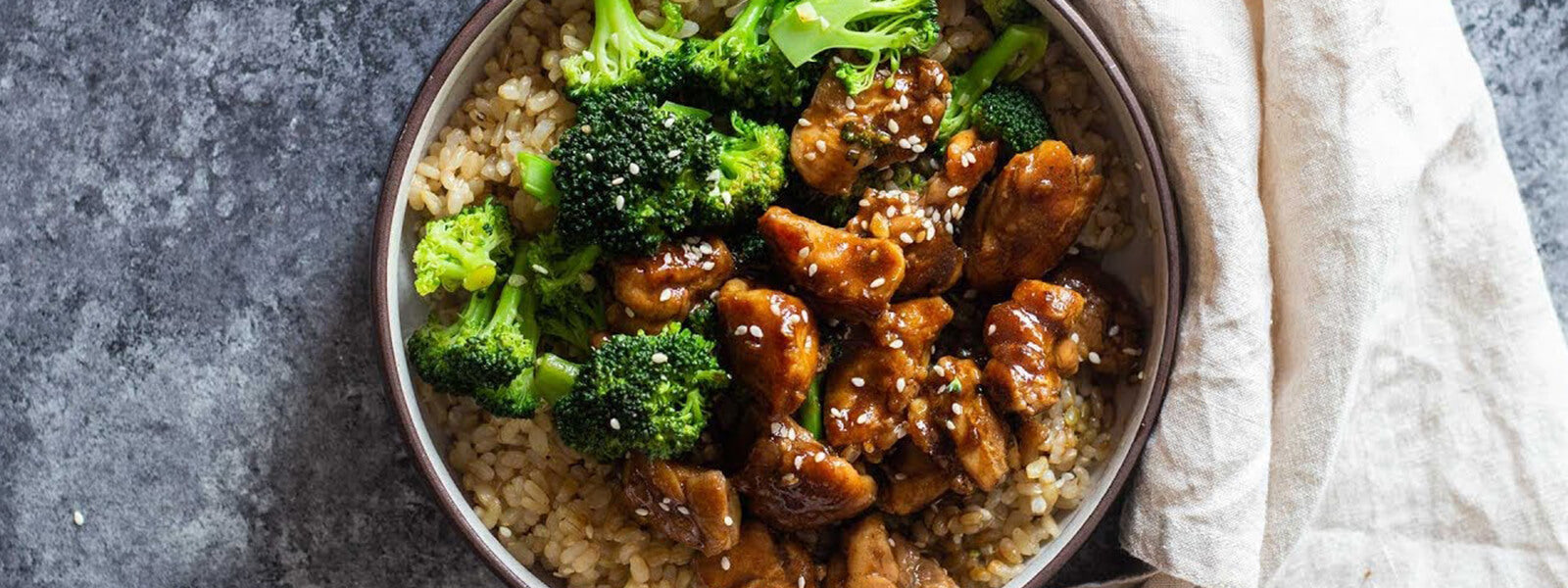
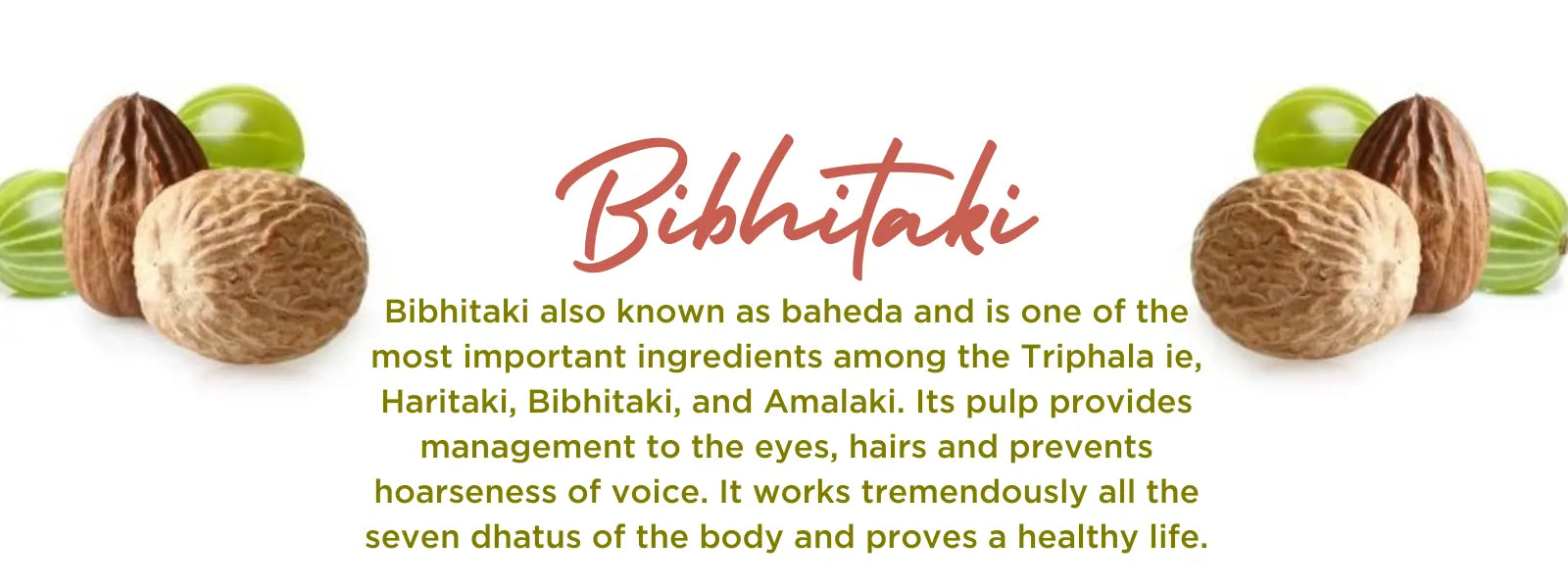
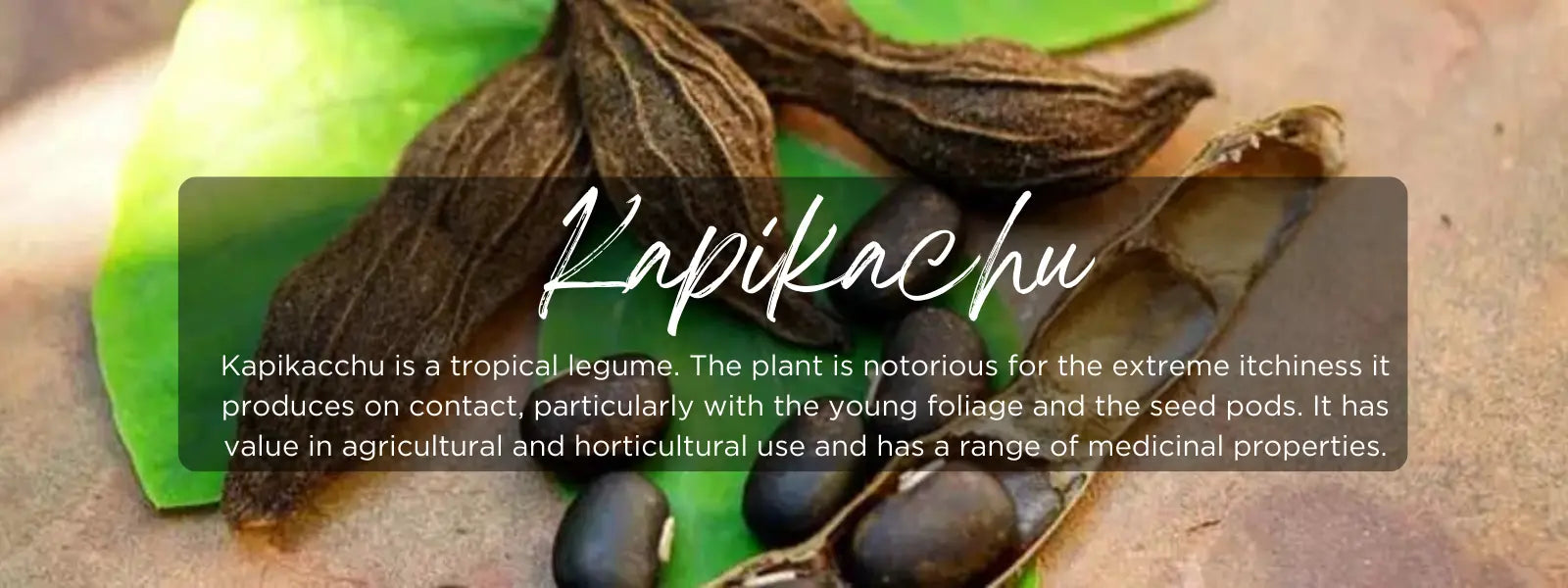
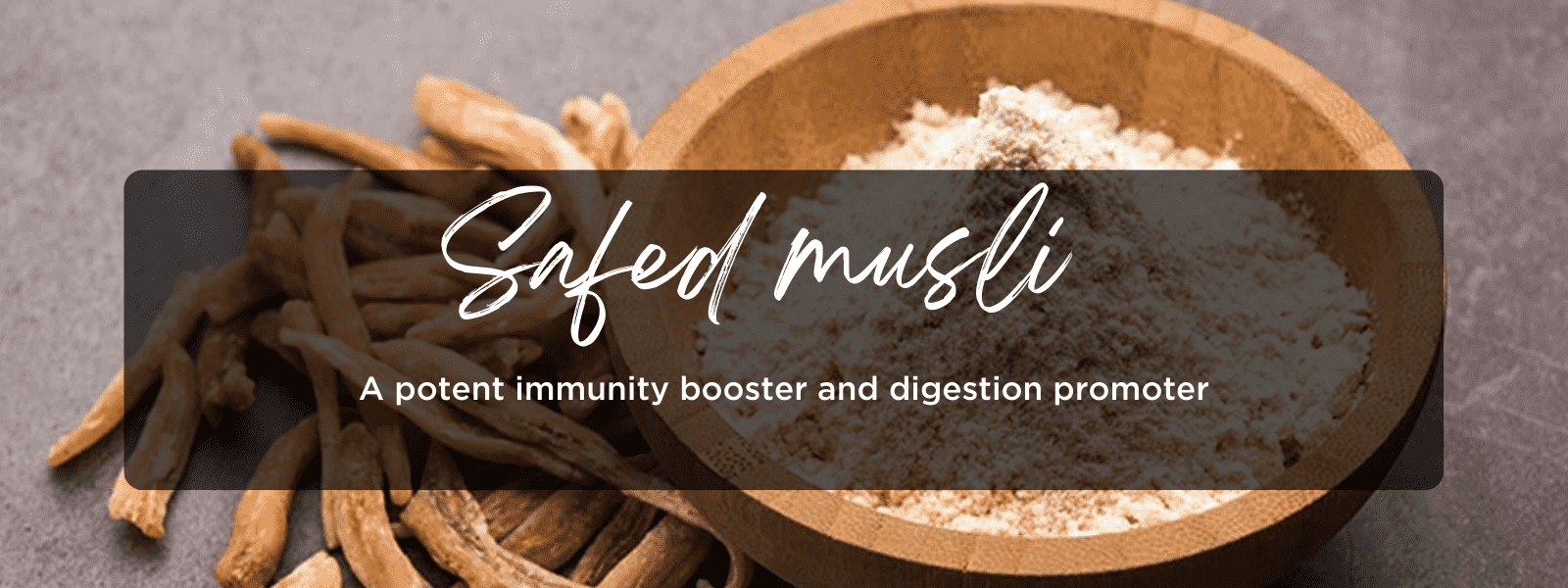

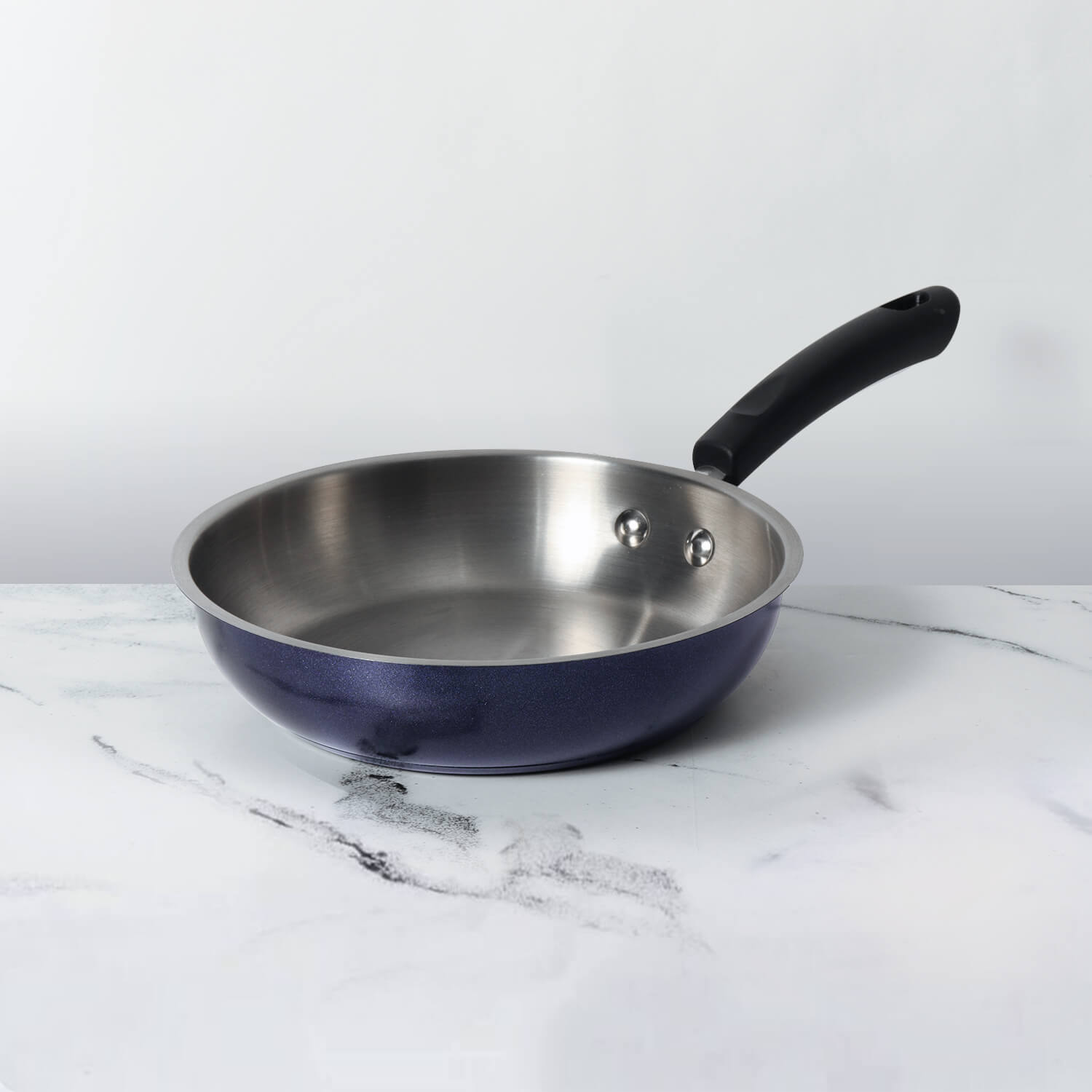




Leave a comment